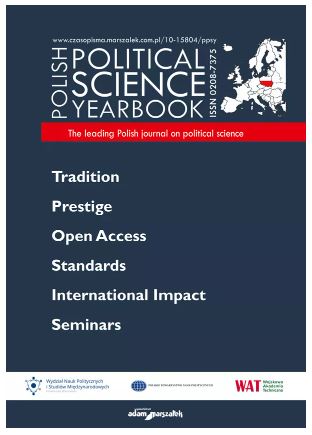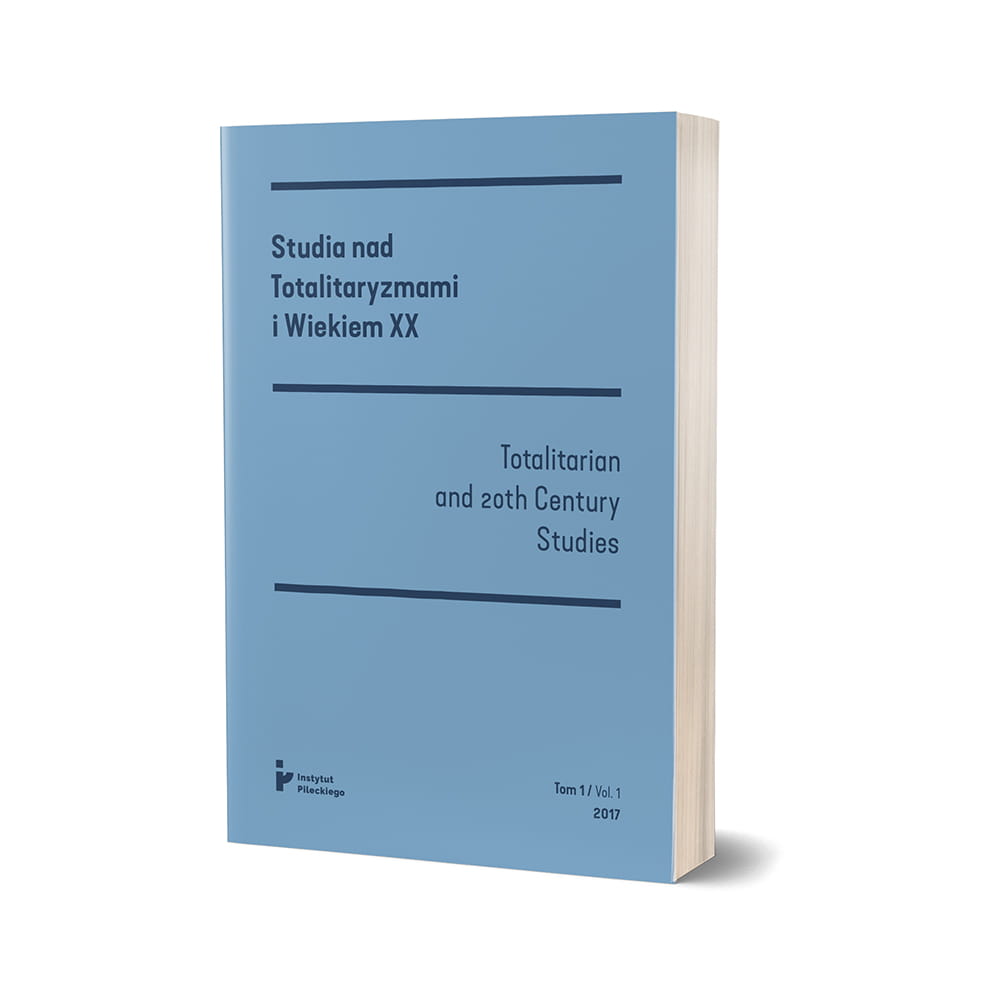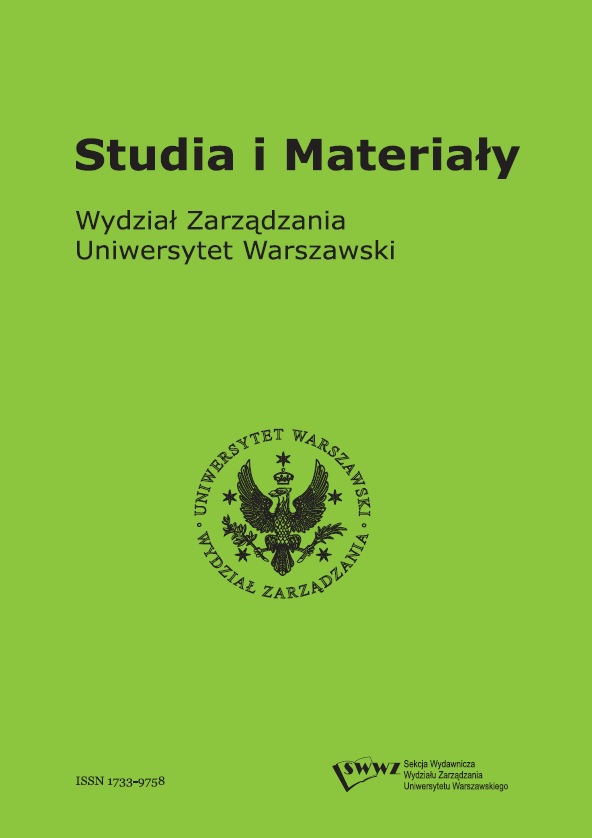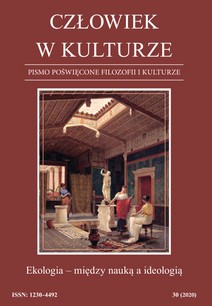
Comparative Analysis of the Shanghai Cooperation Organisation and European Union Strategy on Central Asia: Confrontation or Cooperation?
Comparative Analysis of the Shanghai Cooperation Organisation and European Union Strategy on Central Asia: Confrontation or Cooperation?
Keywords: European Union; connectivity; Central Asia; Shanghai Cooperation Organisation; Shanghai Spirit
In 2021, the Shanghai Cooperation Organisation (SCO) turned 20 years old. With “Shanghai Spirit” as its guiding principle, the scope of SCO’s activity has significantly expanded, recently adding India and Pakistan to its members. As a result, SCO policy has heavily influenced the Central Asia region. In response, in 2019, the EU launched a new strategy for Central Asia, adopting “connectivity” as its core concept. As a result, both SCO and EU strategies in Central Asia tend to conflict with each other, thus leading to uneven and inconsistent development of the region. Therefore, this paper aims to identify contradictions between SCO’s “Shanghai Spirit” guiding principle and the EU’s concept of “connectivity” by comparing the SCO and EU strategies toward Central Asia. The methodology in the paper involves a qualitative comparative method, including two qualitative case studies, represented by the SCO’s “Shanghai Spirit” and the EU’s concept of “connectivity” in their strategies on Central Asia. The article concludes that contestation between the SCO and the EU policies in Central Asia impedes stable development of the region, and therefore, a compromise between both policies in Central Asia is suggested.
More...


